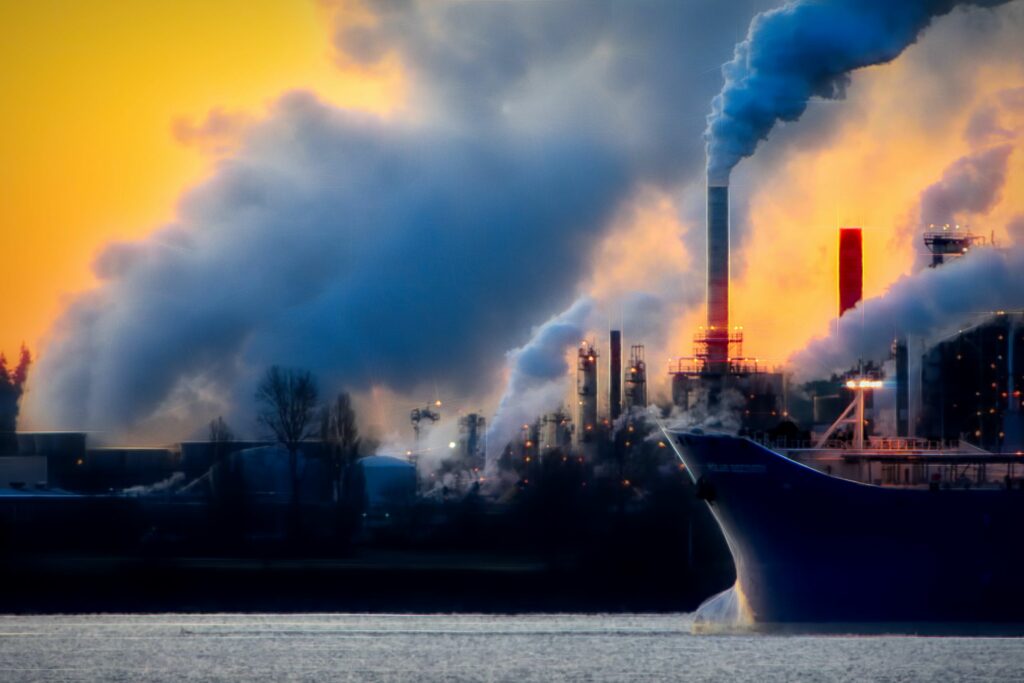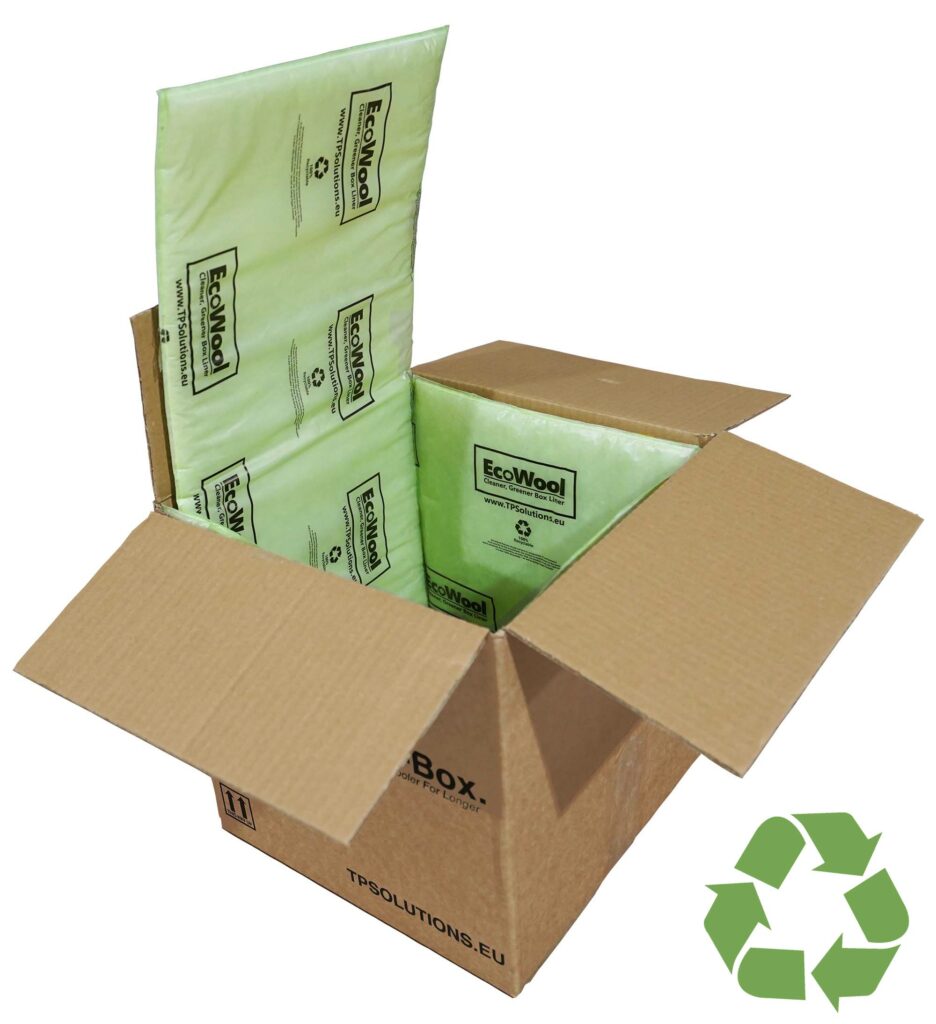Whilst paper packaging has its positives, such as being recyclable and cost effective, it also has plenty of negatives. Each time paper is recycled, its fibres shorten and lose strength, meaning it can only be recycled a handful of times. Paper is also easily damaged by moisture and less durable than other packaging materials.Deforestation

One of the biggest problems is its contribution to deforestation. Around 10 million hectares of trees are being lost every year, with around 15% of this owing to paper production. As a result, the amount of harmful carbon dioxide is increasing, whilst the levels of oxygen being produced are decreasing. To combat the reducing numbers of trees, new forests are being planted. However, this doesn’t always cure the problem. It’s very difficult to replace the biodiversity of a long-established forest. Careful consideration must be taken when planting new forests. For example, planting fast growing trees may result in the slower growing trees not receiving sufficient sunlight to grow.
Energy & Pollution

It is estimated that paper production requires roughly 3 times more energy to produce than plastic. In terms of industrial activities, the pulp and paper industry is also the largest consumer of water. A high level of pollutants are also discharged from paper mills into surrounding bodies of water, causing health risks to nearby aquatic and human life. Paper is also heavier than plastic, which means vehicle emissions and fuel costs are higher during transportation.
How can we help?

TPS have created a unique solution that enables you to ship your temperature sensitive goods, with the environment in mind. Our EcoWool box liners are manufactured using 64% recycled plastic bottles. The overall liner is 100% recyclable, which means when your customer has received their goods, they can either put the liner into their recycling bin, re-use it to insulate something around the home (such as a pet bed or shelter), or they can return the liner to you for you to re-use to pack another order with.








